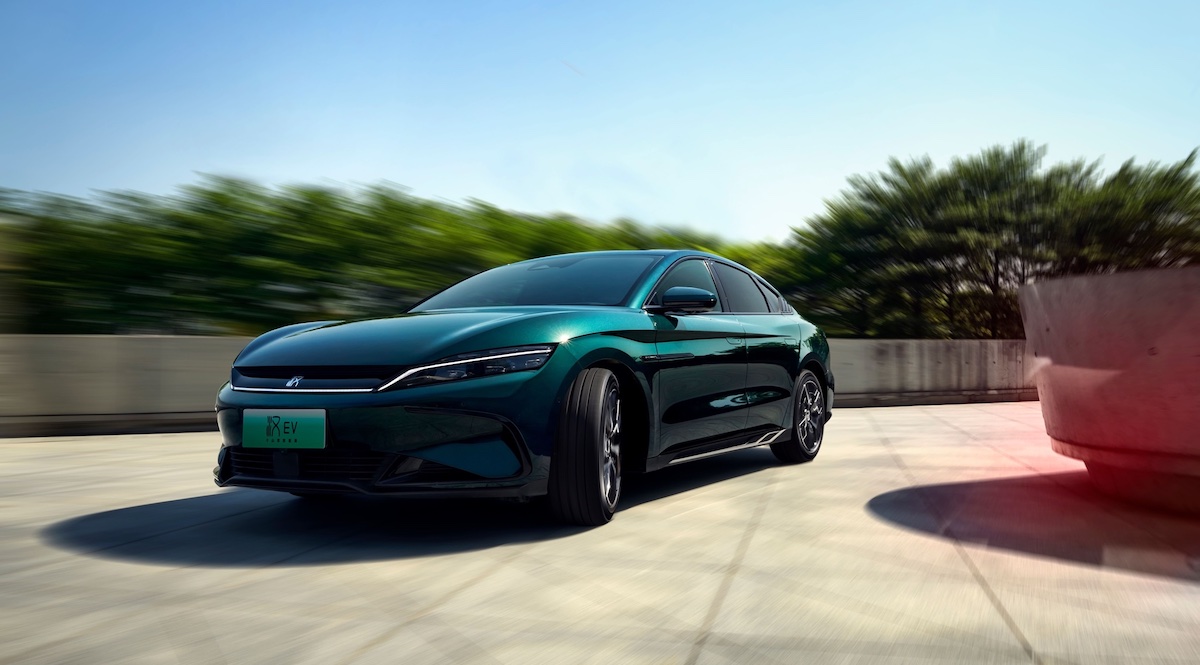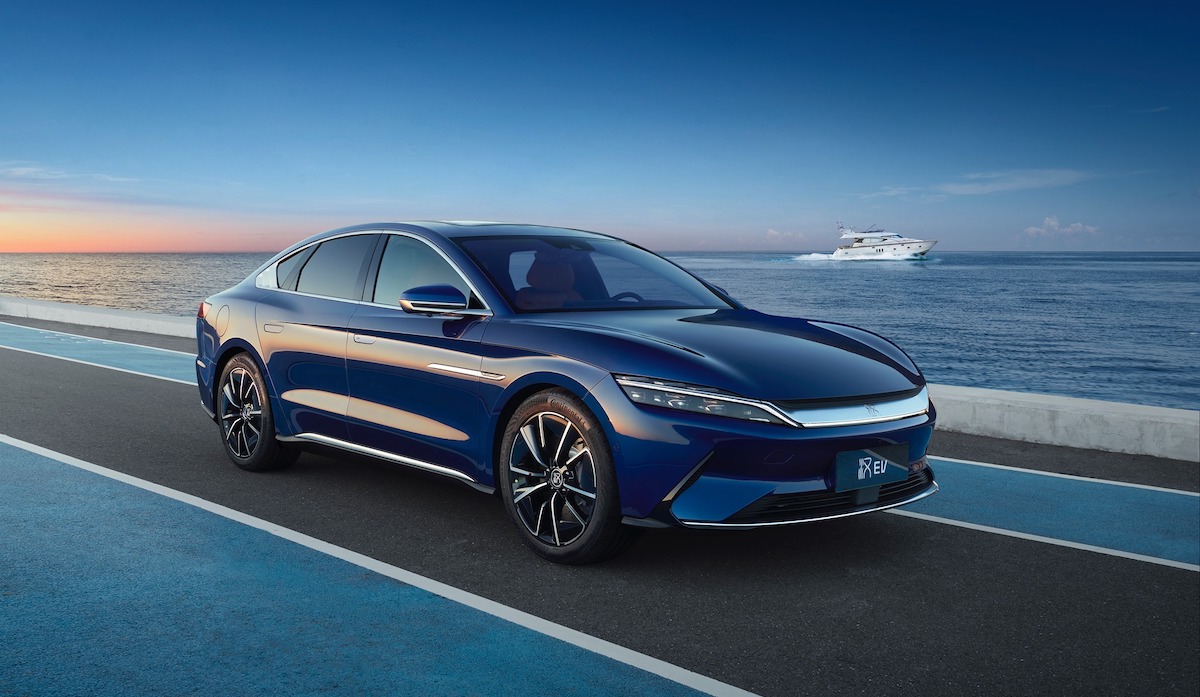Since last year, the sales performance of BYD in China market can already be regarded as a significant miracle in modern automotive history. BYD last year’s annual sales volume is 730,000 units, which is 75.4% more than the year before; The YTD sales volume has surpassed 800,000 units as of July, which is 183% more than YOY volume! BYD had become the biggest brand carmaker in China since July. Being ranked as the 3rd of market cap among global carmakers, and delivering the invincible sales performance, BYD could keep entering the advanced car markets including Europe, USA, Japan, etc., to prove its real competitiveness or not?

First of all, the technology foundation and the strength of independent supply chain of BYD proves the efforts for the past dozens of years finally accomplished everything today. The two main product lineups of BYD’s new energy vehicles - the e-Platform 3.0 and the DM-i hybrid engine that equipped with self-developed “trio electronics” technology and stable supply chain, directly challenges the pain points being faced by every competitor nowadays. Starting from this year, BYD enters Japanese and European car markets respectively with BEVs to challenge the advanced markets’ acceptance… BYD held a press conference in Japan in the end of July, and it’s scheduled to go on sale in January next year; besides, BYD will introduce the flagship model in Germany and Sweden this autumn. Anyway, although BYD achieves its success in China, will the products and brand image of BYD also be well received in these markets? Here are some points of view…
- Tesla Model 3 and Volkswagen ID.3 are the most iconic BEV models in these markets currently, so BYD has to be compared with these two cars to see whether it can get footholds in the market. Not only the brand positioning advantages, these two car models also have better performance in electronic control, one of the “trio electronics technology”, and the dynamic quality of handling and ride according to the test report by foreign media. However, BYD’s batteries are self-developed, so the cost control and supply stability are relatively high. Even if Tesla purchases the blade batteries from BYD in the future, the latter will still be taking control. Therefore BYD will get a head start in the friendliness of the price for ICE car owners replacing their cars with BEVs, the range of batteries, and the supply stability for the production and sales of cars.
- In the European market, non-European brands had little room to “breathe”; Similarly, foreign brands are difficult to make their own marks in Japanese market. So, in addition to products, to cooperate with local retailers to establish the distributorship might be more “down-to-earth” and easier to take control of the real market response than to establish branch office by themselves. As a Chinese brand, they can’t just rely on advanced products and attractive prices to break the psychological repellence of the consumers from Europe, Japan, etc., to let them take test drive and place orders.
- The BEV R&D company established by BYD and Toyota as a joint-venture the year before will be introduced in China market in the end of this year to test market reactions, and it will be sold with the Toyota badge. In this kind of cooperation module, I believed that the product quality must pass the quality verification of Toyota system, so that the doubtfulness over BYD in the minds of Japanese consumers will be eased by Toyota’s approval (although that model won’t been introduced in Japan in the early stage). Moreover, Toyota can compensate the shortage in BEV technology, and also directly seize the business opportunity of BEV market in China by this cooperation.
- Due to political issues, BYD still can’t fully deploy its business plan in North America; However, I assumed that as the competitiveness and the brand image of BYD had increased to certain level in the automotive industry worldwide, the market of North America will find another way to import BYD without involving in political conflict.

A few days ago, Forbes revealed the “Best CEOs in China 2022”, and Chang-Fu Wang, BYD’s CEO, won the 1st place. Next, How Wang keep creating miracles to step out of China market to challenge the global automotive industry might be another legendary story in the era of BEVs after Tesla.